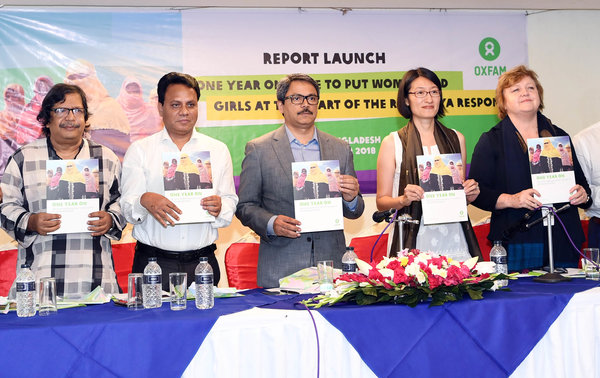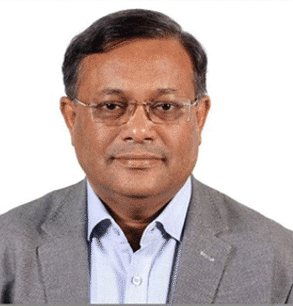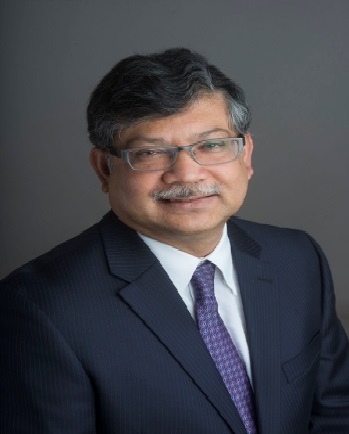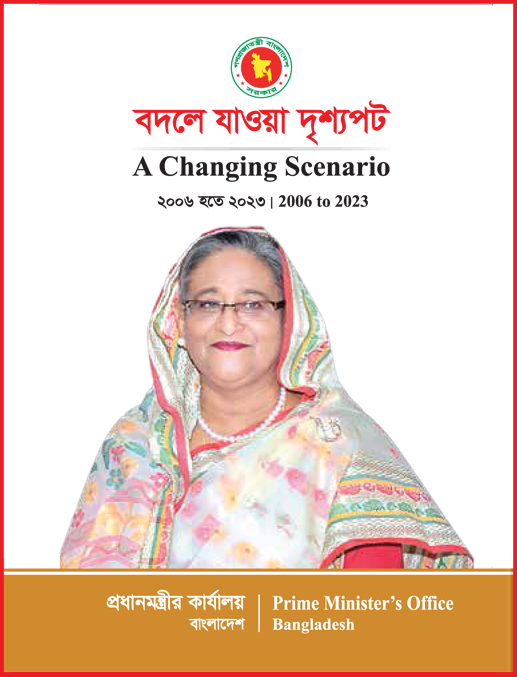Statement of Hon’ble State Minister for Foreign Affairs at OXFAM Launch of newreport, ‘One Year on: Time to put Women and Girls at the Heart of the Rohingya Response”

Dr. DipankarDatta, Country Director, Oxfam Bangladesh
Excellencies,
Distinguished Guests,
Ladies and Gentlemen,
AssalamuAalikum and Good morning,
Ø The forced displacement of more than seven hundred thousand (700,000)Rohingya population within less than a year from our neighbouring country Myanmar is considered to be one of the worst humanitarian crisis of the world. The unprecedented magnitude of inflow of Rohingyas since 25 August in 2017 created an accumulated figure of forcibly displaced Rohingyas sheltered in Bangladesh to about 1.1 million. The United Nations described the dreadful operations in Rakhine, which resulted this mass exodus of Rohingyas a "textbook example of ethnic cleansing". In its recent report, the Independent International Fact Finding Mission on Myanmar has termed the horrendous acts of Myanmar authorities as ‘genocide’, ‘crimes against humanity’ and ‘war crimes’.
Ø In the face of this unprecedented crisis, our Honorable Prime Minister Sheikh Hasina has shown exemplary leadership by responding to the call of humanity and opening the border for the people in distress. The number of forcibly displaced Rohungyas living in Bangladesh has crossed one million. Despite constraints, we have faced the situation with courage and under the firm leadership of Prime Minister Sheikh Hasina, mobilized massive humanitarian response to support the Rohingya community.
Ø With the support of the international community, we have been able to tackle the massive humanitarian crises for last one year. The largest shelter project for the Rohingyas, known as the Kutupalong - BalukhaliRohingya Camp that hosts more than 600,000 Rohingya is situated in the hilly lands belonging to forest department. An additional amount of BDT 41.2 crore (equivalent to USD 4.96 million) has been allocated for the Rohingyas in the current financial year. Rohingyas are provided with food, shelter, medical and WASH facilities, informal education, and other basic necessities in government and non-government establishments.
Ø The government recognizes the special needs of women and children and has provided customized humanitarian support for them. 34,338 pregnant women has been identified who are provided with necessary health services. As of now 3554 children have been born within those facilities. 8170 tube wells, 50,508 latrines and 11190 bathrooms have been established. Separate bath facilities with sheds have been built for Rohingya Women and girls.
Ø The Rohingya women and girls have never had access to health services, education or any other income generating activities. Due to intergenerational experience of persecution and discrimination they remain extremely vulnerable. On top of that, a large number of women and girls have faced sexual violence in Myanmar causing severe trauma and psychological breakdown.
[It has already been widely documented internationally that Myanmar has used rape as a weapon for creating terror among the Rohingyas and thus fueling their mass exodus. The international Fact Finding Mission’s report has stated, the scale, brutality and systematic nature of these violations indicate that rape and sexual violence are part of a deliberate strategy to intimidate, terrorise or punish a civilian population, and are used as a tactic of war.]
Ø Security is an important component of GoB’s response to the Rohingya crisis. More than 1200 law enforcement officials have been additionally deployed in 11 check posts. To ensure security during night time, GoB has established 13 km power line and 50 street lights, 10 flood lights and 1040 solar lights have been set up to lit up the streets. In addition to that World Bank and ADB have been requested to provide additional support to ensure electricity inside the camps.
Ø Bangladesh believes the problems of the Rohingya women and girls need resolved permanently and sustainably. For that we have been engaged diplomatically both with Myanmar and with the international community. We signed an “Arrangement of Return” with Myanmar in Nay PwiDaw. A Joint Working Group has been formed and a set of other arrangements have also been signed to implement the arrangement.
Ø Our past experiences suggest that Myanmar does not fulfil its obligations unless pressurized by the international community. We believe the strong public opinion around the world that seeks accountability of the perpetrators would help Myanmar address the root causes of the Rohingya problem and take effective measures for ensuring basic needs of the Rohingyas when they return to their homes.
Ø We welcome OXFAM’s efforts to bring gender sensitivity in the humanitarian response; particularly the evidence based conclusion that there should be specific (15%) amount of funding set aside for addressing women’s specific needs. We also support that women need to be integrated in every stages of the humanitarian response, particularly the single mothers having lost their husbands and facing additional burden of having to provide for their family on their own.
Ø The report would provide a guideline for the international donors in prioritizing their contribution and the humanitarian actors in planning and implementation. Additional support for family planning programmes, women specific health and nutrition needs and separate sanitation facilities would be critical to avoid health hazards in the camps.
Ø We would also request the international partners to intensify their campaign for permanent solution to the Rohingya problem. The Myanmar authorities must demonstrate strong political will as well as visible actions to address the discrimination against the Rohingyas. The international humanitarian actors need to continue their persuasion with Myanmar for access to the Rakhine State so that these needs of Rohingya women and girls could be adequately addressed once they return to their homes.
I thank you all.
Joy Bangla, Joy Bangabandhu.













